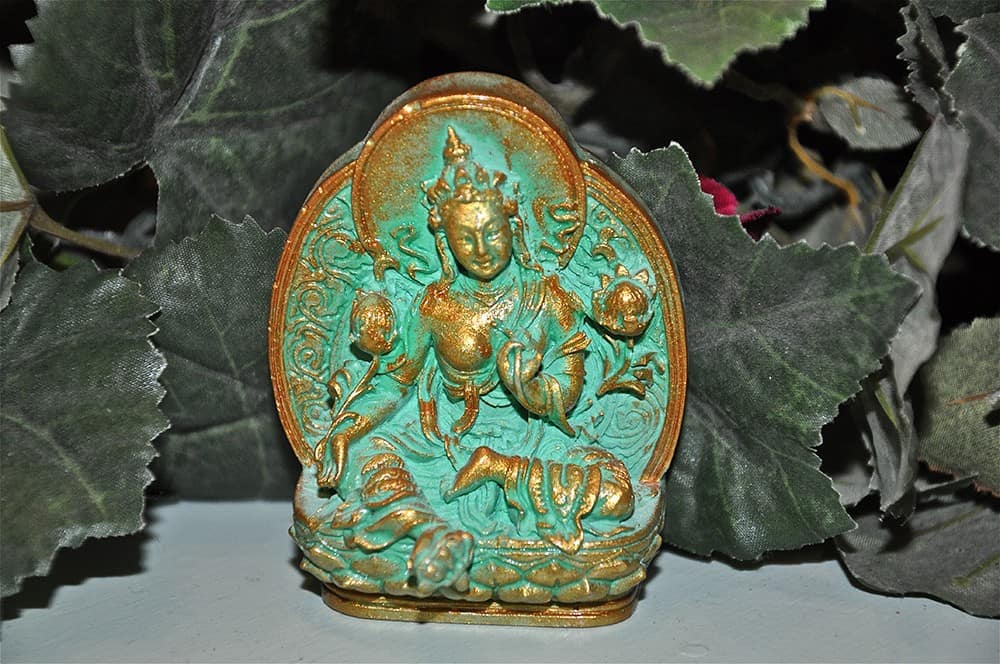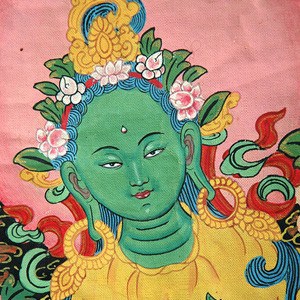A discussion about anger
How to free your mind—Tara the liberator
A two-day workshop conducted at Tai Pei Buddhist Centre, Singapore, in October of 2006.
Discussion questions
- Looking back at your life, what are patterns of anger that you see? Are there particular people or kind of people that you get angry at? Are there similar situations that you get angry in? What kind of patterns and habits do you find among the various times when you get angry?
- What is it that your mind is thinking in those particular habitual situations when you are angry? What is it that you are really wanting? What are you saying to yourself?
- Is what you are saying to yourself or what you are wanting realistic or is the story you are telling yourself something very self-centered with a lot of expectations and demands on other people? Evaluate the kind of thought that you are having that feeds into your anger.
- How else could you think in those situations? How else could you look at it so that you do not get angry? In other words, if you see that your way of thinking in those situations is askew or incorrect, then how else could you look at the situation so that your mind would be more tolerant, more accepting?
- An example relating to the above questions
Tara workshop 05: Discussion, Day 1, Part 1 (download)
Discussion debrief
- It’s so easy to solve other people’s problems
- The patterns we see when we get angry
- Looking back at what we get angry about, how we were thinking
- Reflections from audience
- When we get angry we forget Dharma
- The energy in our mind when we create merit is counter to the energy we create by getting angry
- Always angry with friends, relatives, related to our expectations of them
- Definition of patience
- Patience is not being a doormat, letting others do whatever they want to do
- Parents are not servants to their children; they need to teach them certain skills to get along in life
- Compassion does not mean giving people everything they want; the need to use wisdom
Tara workshop 06: Discussion, Day 1, Part 2 (download)
Venerable Thubten Chodron
Venerable Chodron emphasizes the practical application of Buddha’s teachings in our daily lives and is especially skilled at explaining them in ways easily understood and practiced by Westerners. She is well known for her warm, humorous, and lucid teachings. She was ordained as a Buddhist nun in 1977 by Kyabje Ling Rinpoche in Dharamsala, India, and in 1986 she received bhikshuni (full) ordination in Taiwan. Read her full bio.


